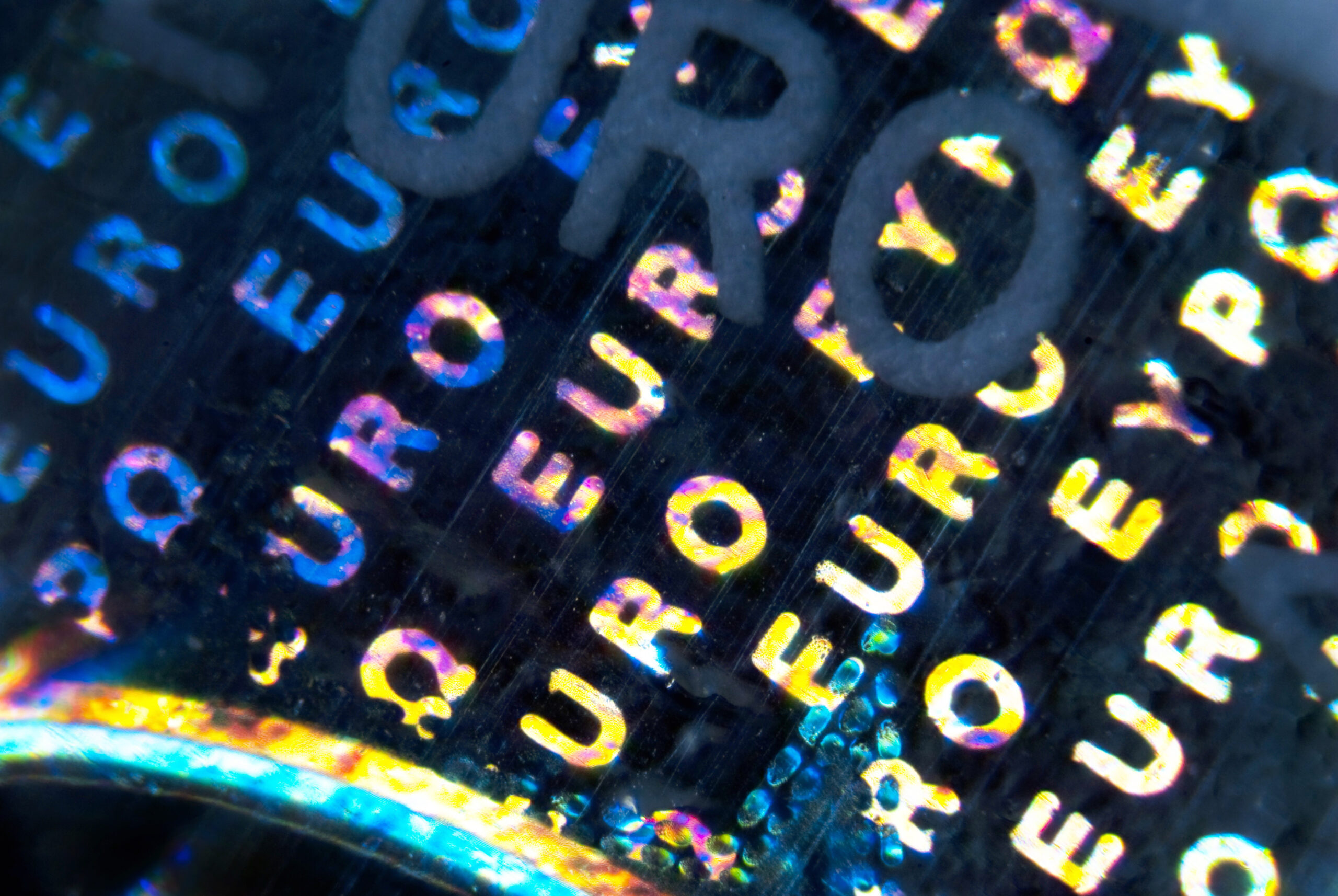As the cost of higher education continues to rise, more and more students are turning to loans to finance their studies. According to recent statistics, Americans owe over $1.6 trillion in student loan debt, making it one of the biggest financial burdens facing millions of people across the country. However, there is a way out for those struggling with education-related debt – Education Loan Forgiveness programs. In this article, we will explore everything you need to know about clearing your education debt through forgiveness programs.
Thank you for reading this post, don't forget to subscribe!Introduction to Education Loan Forgiveness
Education Loan Forgiveness is a program designed to help borrowers who have taken out federal student loans to pay for their college or university education. The program allows eligible borrowers to have some or all of their remaining loan balance forgiven after they meet certain requirements. These requirements vary depending on the type of loan and the specific forgiveness program being offered.
Understanding the Types of Education Loans Eligible for Forgiveness
Not all types of education loans qualify for forgiveness programs. To be eligible for loan forgiveness, you must have taken out a Direct Loan or Federal Family Education Loan (FFEL). Private loans, Parent PLUS loans, and consolidation loans that include private loans do not qualify for forgiveness programs. Additionally, only loans made under the William D. Ford Federal Direct Loan Program are eligible for Public Service Loan Forgiveness (PSLF) program.
The Process of Applying for Education Loan Forgiveness
To apply for Education Loan Forgiveness, you must first complete an application form provided by your lender or servicer. This form includes information such as your personal details, employment status, income level, and other relevant data. Once you submit the completed form, your lender or servicer will review your application and determine if you are eligible for forgiveness based on the criteria set forth by the program. If approved, you may receive partial or full loan forgiveness depending on the terms of the program.
FAQs About Education Loan Forgiveness
Here are some frequently asked questions about Education Loan Forgiveness:
How long does it take to get my loan forgiven? It depends on the program you are enrolled in. Some programs require 20 years of consecutive payments before granting loan forgiveness, while others offer immediate relief upon meeting certain conditions.

Can I still earn interest on my forgiven loan amount? No, any portion of your loan that has been forgiven will no longer accrue interest.
Will my credit score be affected by applying for loan forgiveness? Yes, applying for loan forgiveness can impact your credit score since it involves changing the repayment terms of your loan. However, the effect on your credit score will depend on various factors such as your current credit history, payment history, and overall debt load.
In conclusion, Education Loan Forgiveness offers a viable solution for individuals struggling with high levels of education-related debt. By understanding the different types of loans eligible for forgiveness, the process of applying for these programs, and addressing common concerns, borrowers can make informed decisions about managing their debt and achieving financial freedom.